 |
| February 19, 2020 |
Dear Reader,
One of the greatest mysteries of modern physics is why the universe has more matter than antimatter. Our main story explores significant new findings by physicists working to solve this puzzle. At the California Institute of Technology, researchers are using fiber-optic cables to study earthquakes—a promising new method that is shaking up geology. And in other news, a nationwide analysis concluded that whiter counties and neighborhoods disproportionately benefit from government buyouts of flood-damaged homes, even as low-income and minority homeowners are more likely to participate in such programs. |
| | Sunya Bhutta, Senior Editor, Audience Engagement
@sunyaaa | |
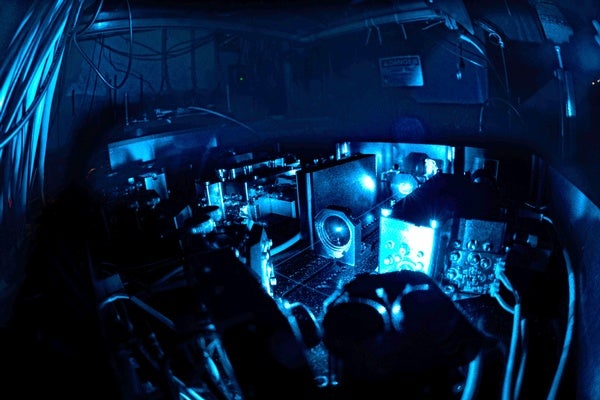 |
| |
| |
| |
| |
| |
| |
FROM THE STORE
 | | Ask the Experts: Astronomy This second eBook in our Ask the Experts series – Astronomy – looks skyward and explains a variety of universal phenomena and theories. Questions on stars, planets, asteroids, galaxies, black holes, space exploration and more are answered in this collection. |  | | |
| |
FROM THE ARCHIVE
 | | | |
| QUOTE OF THE DAY
 "Sometimes I pinch myself, because when I started, we didn't have any antihydrogen at all. And lots of people said we would never be able to make it. Now we're up to thousands of atoms stored. It's really a revolution that we're able to do this." Jeffrey Hangst, Aarhus University | |
LATEST ISSUES
 |
| |
| Questions? Comments?  | |
| Download the Scientific American App |
| |
| |



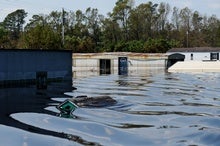
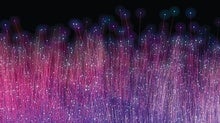
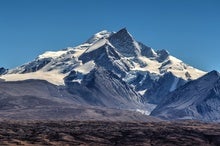

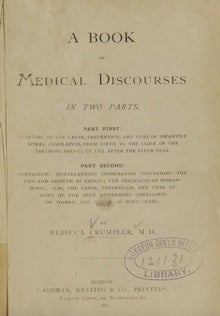
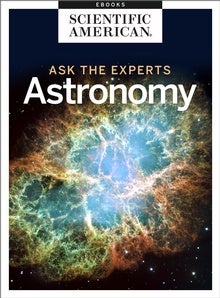


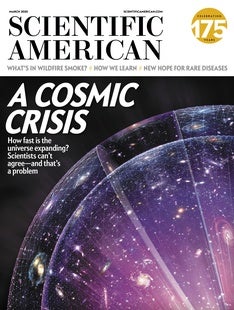

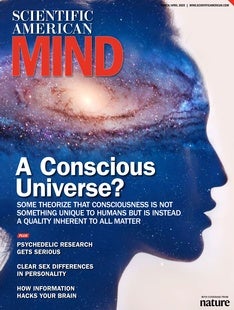
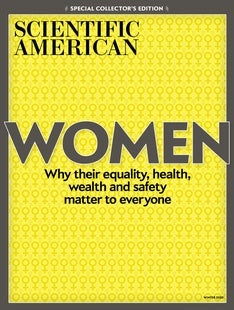
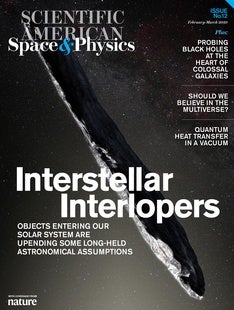



Comments
Post a Comment